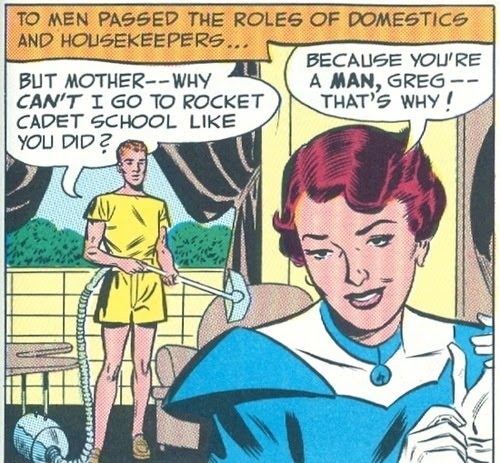
Despite the growing number of women taking their place in the academic world of advanced science, a basic gender bias still persists among much of the community. More likely to be exposed in off-hand remarks concerning aptitude than in direct slurs or expressions of criticism, this bias is nonetheless affecting female advancement in the sciences – and can, according to writers at InsideHigherEd.com, do significant damage over time.
Take a recent incident at Ben Barres’ MIT lecture, for instance. After the talk, a scientist was overheard saying that “Ben Barres gave a great talk today…his work is much better than his sister’s.” Unbeknownst to the speaker, Barres’ “sister” and the man speaking that night were one in the same. A professor of neurobiology at Stanford University School of Medicine, Barres had undergone a sex change operation from female to male. While Barres saw no change in the quality of his work due to the operation, the science world at large was more likely to praise his work as a man than the things he accomplished as a woman.
As long as this assumption persists in the realm of scientific academia, so too will the glass ceiling. But Barres’ experience highlighted the subtle way in which gender bias is expressed in such circles and shed light on the need to continue pushing equality in higher education.











